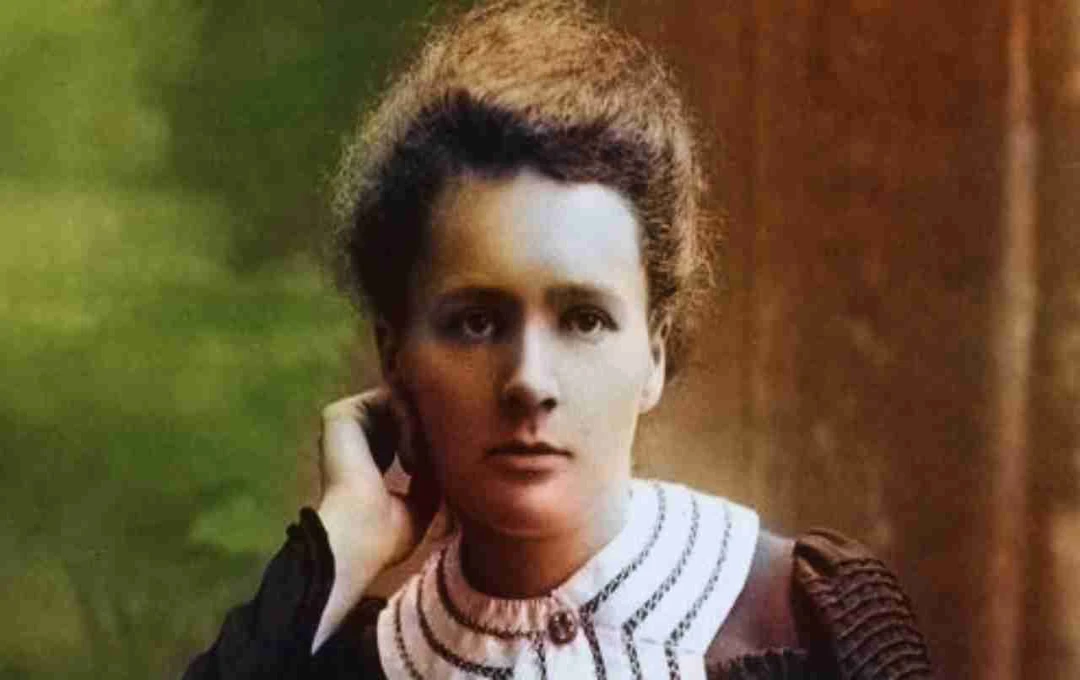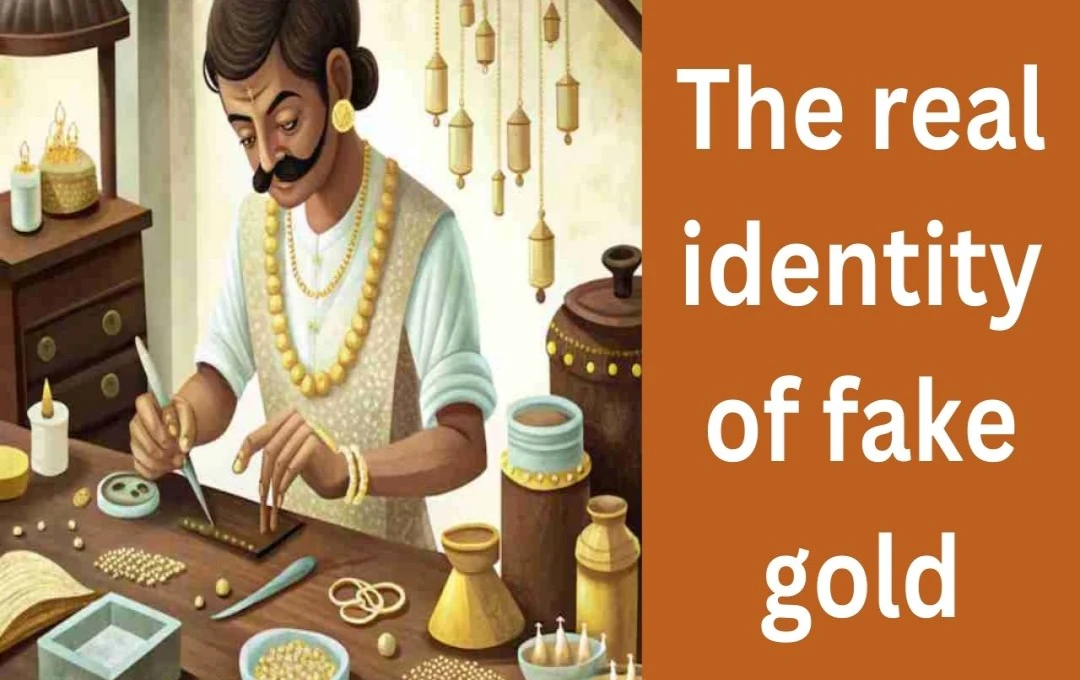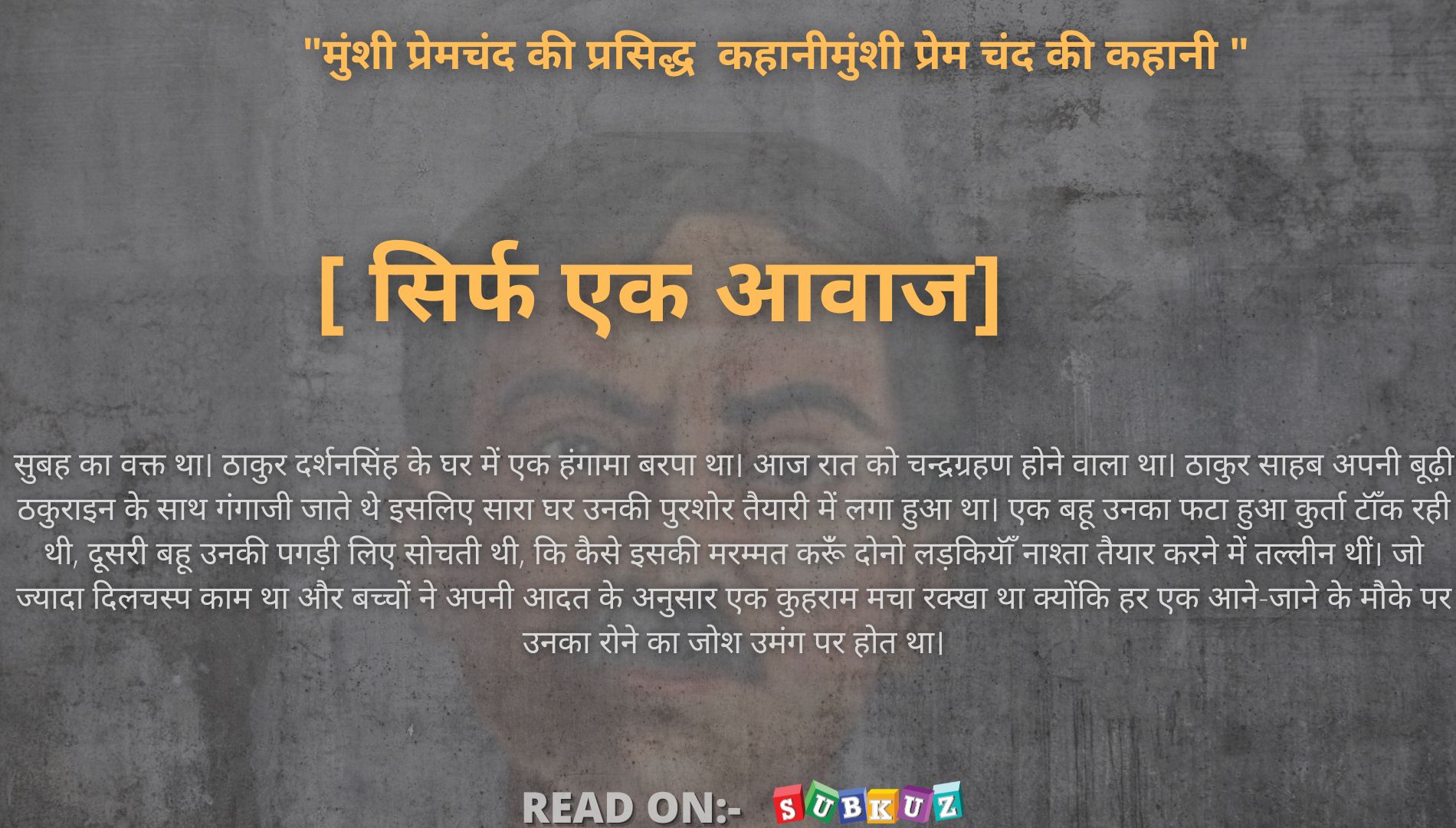When discussing scientific progress in history books, certain names become immortal. Among them is Marie Curie — a scientist who not only mastered a complex subject like radioactivity but also became the first woman to win a Nobel Prize, and that too in two different scientific fields. Her life is a saga of struggle, dedication, and a unique love for science.
Childhood and Early Life
Marie Curie was born on November 7, 1867, in Warsaw, Poland. Her original name was 'Maria Salomea Skłodowska'. She was the youngest of five siblings. Her parents were educators, but the family's financial situation deteriorated due to Poland's political instability and national uprisings. Despite this, Maria's education was never interrupted. At a young age, she began to show an interest in mathematics and physics. She learned to use scientific instruments from her father. Although higher education for women was restricted, she started her scientific journey by studying at the 'Flying University', a secret institution.
Towards Paris for Education
In 1891, at the age of 24, she left her country and moved to Paris, France, to study. Studying at the University of Paris (Sorbonne) was not easy for her. There, she faced financial hardship, hunger, and loneliness, but she never gave up. She often studied without a coat in the cold winters, sometimes even sacrificing food. Through her talent and hard work, she obtained degrees in physics and mathematics and soon gained a new identity in the scientific community.
Pierre Curie: Life Partner and Scientific Collaborator
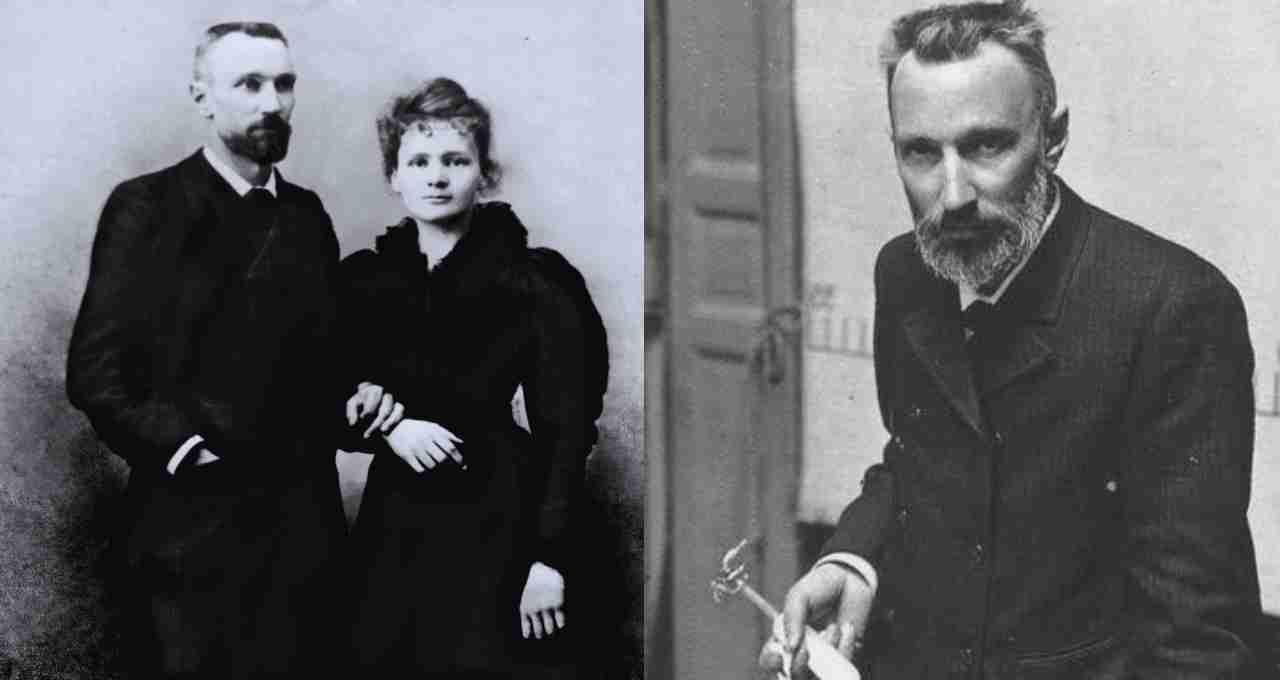
In 1894, she met French scientist Pierre Curie. Their similar thoughts and dedication to science brought them closer, and they were married in 1895. This relationship was not only personal but also historically significant from a scientific point of view. Together, they began research on radioactivity and discovered two new elements, polonium and radium, in 1898. This discovery shook the world of science. For their contributions in this field, they received the Nobel Prize in Physics in 1903, which they shared with Pierre and Henri Becquerel. She became the first woman to receive a Nobel Prize.
Husband's Death and a Second Nobel
In 1906, Pierre Curie died in a tragic road accident. This event was a profound shock for Marie, but she composed herself and strengthened her devotion to science. She was appointed a professor at the University of Paris, making her the first female professor at the time. In 1911, she received her second Nobel Prize in Chemistry — this honor was awarded to her for the discovery of radium and polonium and the study of their properties. She remains the only person to have received Nobel Prizes in two different fields.
World War I and Service to Humanity
During World War I, Marie Curie developed mobile X-ray units, called "Little Curies". She went to the front lines with these units and assisted in the examination and treatment of thousands of wounded soldiers. She also involved her daughter Irène in this work, who later became a famous scientist herself and received the Nobel Prize in 1935. Marie fulfilled her role not only in science but also in human service with complete dedication.
Institutional Development and the Foundation of the Future
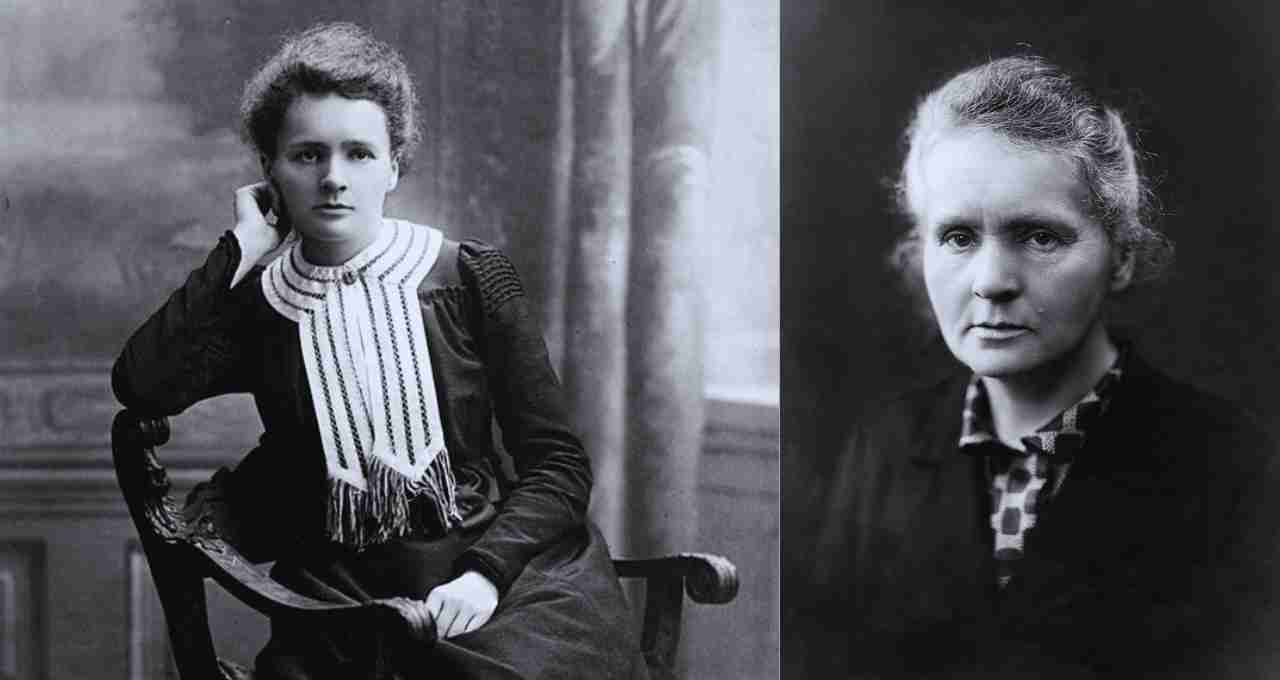
Marie Curie established two important scientific institutions, in Paris in 1920 and in her birthplace, Warsaw, in 1932. The purpose of these institutions was to conduct research on radioactivity and its use, especially in the treatment of diseases like cancer. She gave a new direction to both medicine and science by training the next generation of scientists in this field. These institutions remain major centers of medical research even today.
Polish Soul and Connection to Culture
Although Marie acquired French citizenship, she never abandoned her Polish identity. She taught her daughters the Polish language and frequently visited Poland. She named her first discovered element polonium, a symbol of honoring her country, Poland.
Death and Immortality
Marie Curie's life is a symbol of courage, dedication, and scientific curiosity. She never gave up, even in adverse circumstances, and left an indelible mark in the field of science. Her discoveries not only showed a new path to medicine but also inspired women to move forward in science. She is still an example of knowledge, service, and b will. Marie Curie was truly a great and inspiring figure.
